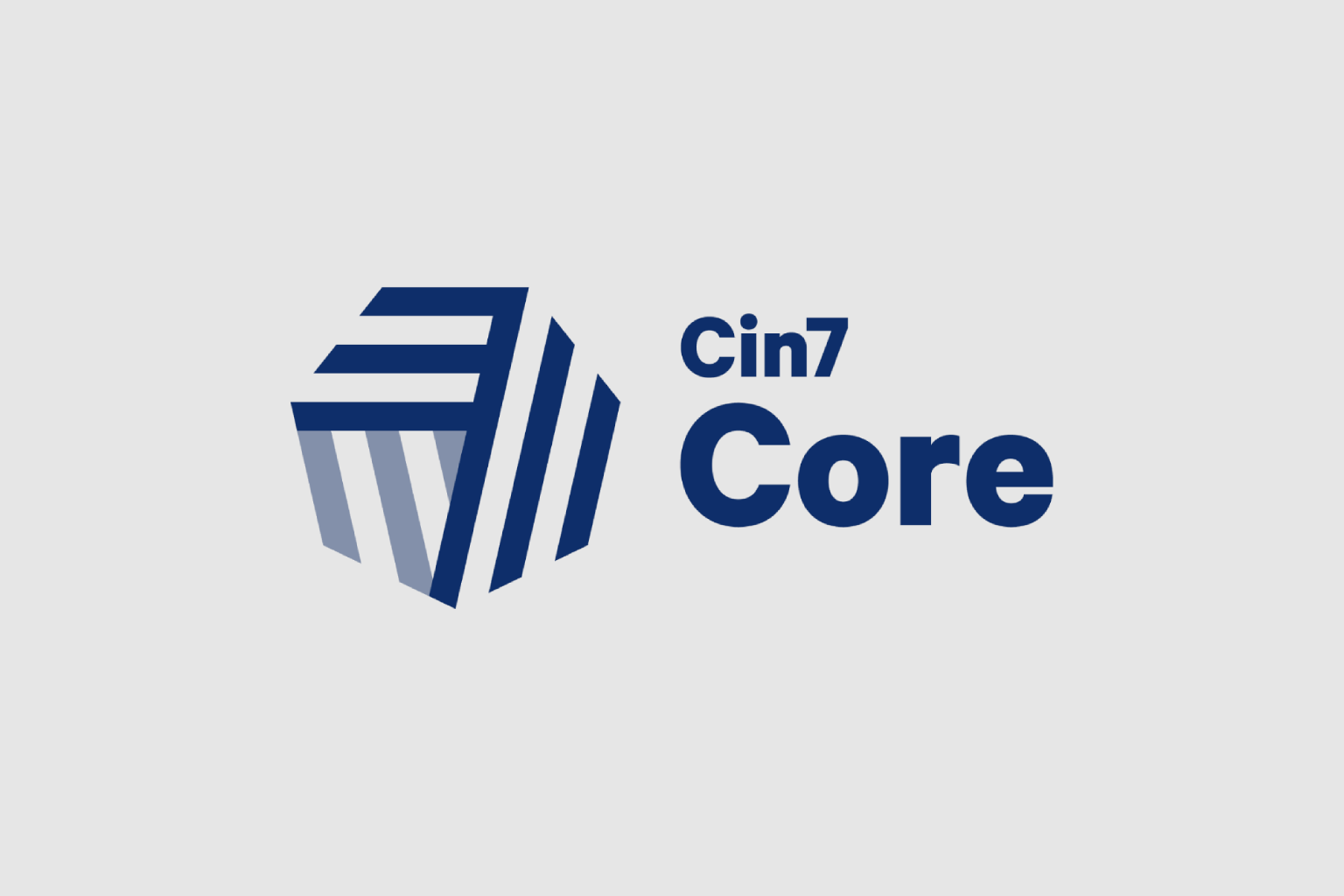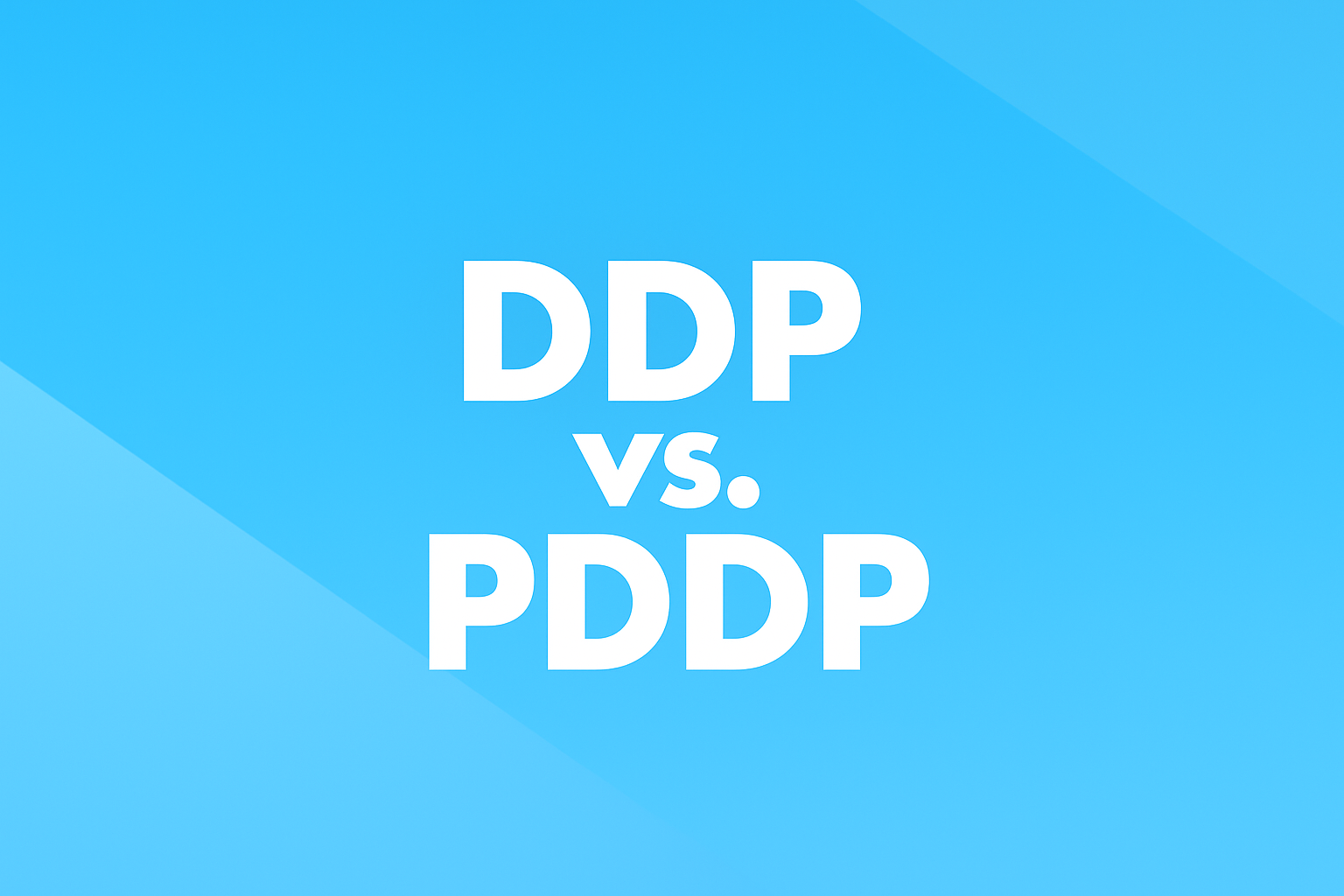- Shiptheory

Northern Ireland: Post-Brexit Shipping Explained
This article is the third instalment of our Get Brexit-Ready series. For more information on how to ship seamlessly post-Brexit see Part 1 & Part 2.
How trade would operate for the island of Ireland was one of the biggest obstacles to overcome during the Brexit negotiations. On the one hand, the EU insisted on preserving the integrity of its single market. On the other hand, both the EU and the UK wanted to avoid creating a hard border and implementing border controls between Northern Ireland and Great Britain.
The result of the negotiation was the Northern Ireland Protocol, which forms part of the Withdrawal Agreement and considers the unique circumstances of the region.
The Northern Ireland Protocol
The UK and EU have agreed that checks will not take place at the border between Northern Ireland and the Republic of Ireland. Northern Ireland will continue to follow several of the EU's rules, and lorries will continue to drive across the border without having to be inspected.
However, since Great Britain will not have to follow EU rules after January the 1st, 2021, there will be a new 'regulatory' border between Northern Ireland and Great Britain (England, Scotland, and Wales).
Key points of the Northern Ireland Protocol for retailers
Concerning importing to and exporting from Northern Ireland from January the 1st, 2021, these are the key points:
1. Northern Ireland will remain part of the UK's customs territory and will benefit fully from any trade agreements the UK signs with other countries.
2. The EU's Union Customs Code will apply to trade between Northern Ireland and the Republic of Ireland. As a result, no tariffs or restrictions on trade will apply in either direction.
3. Goods shipped from Great Britain to Northern Ireland will be subject to customs declarations but will be tariff-free. Goods shipped to Northern Ireland from outside of the EU will be subject to the UK Global Tariff. If it is deemed certain goods to be at risk of ending up in an EU market, EU tariffs will apply. Nevertheless, the UK authorities will reimburse businesses if the goods are proven to have stayed in Northern Ireland.
4. Northern Ireland will remain in the UK VAT area but will align with EU VAT rules. Lower VAT rates or exemptions in Ireland would also be able to be applied in Northern Ireland.
How will the Withdrawal Agreement affect your shipments?
GB businesses shipping to NI
Your goods will not face tariffs, but you will need a GB EORI number. Goods will require some clearance declarations and may face customs checks if deemed at risk of being moved into the EU single market.
GB businesses shipping to IE
Your goods will need a customs declaration, a commercial invoice, and associated commodity data.
IE businesses shipping to NI
No tariffs or restrictions apply.
IE businesses shipping to GB
Your goods will need a customs declaration, a commercial invoice, and associated commodity data.
NI businesses shipping to IE or other EU markets
There will be no tariffs or new restrictions. Your goods will still have unrestricted access to all EU countries.
NI businesses shipping to GB
Your goods will not be subject to tariffs or restrictions, and there will be no additional customs checks.
EU businesses shipping to NI
No tariffs or restrictions apply.
The UK Trader Scheme (UKTS)
From January the 1st 2021, tariffs will only be due on goods moving into Northern Ireland from Great Britain where they are destined for the EU, or if deemed at risk of being moved into the EU single market.
Now businesses can apply for a UKTS authorisation, allowing them to self-declare goods not 'at risk' of moving on to the EU after entering Northern Ireland.
The scheme is open to traders of all sizes and across all industries who operate under the Northern Ireland Protocol (NIP).
Retailers who want to declare goods not ‘at risk' from January the 1st 2021 will need to apply for authorisation by December the 31st. Retailers will be granted a provisional authorisation for a period of up to four months whilst HMRC processes their applications.
Please be aware that arrangements are still subject to change as negotiations on a Free Trade Agreement and the implementation of the Northern Ireland Protocol continue.
We highly recommend you keep referring back to this page where we will provide updated information.
If you have questions regarding how Brexit might affect your current shipping process, please do not hesitate to reach out to the Shiptheory support team.
Our shipping specialists are more than happy to provide the assistance you need to get Brexit-ready.






